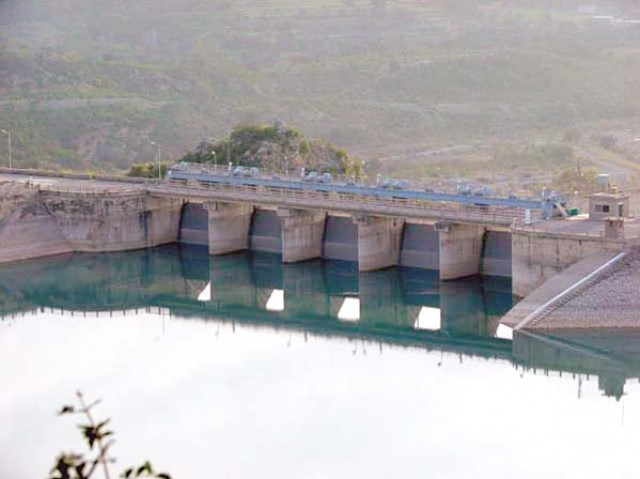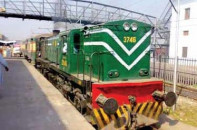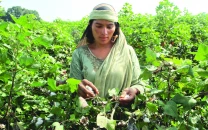Twin cities' water crisis deepens
WASA declares emergency, urges residents to exercise caution in water usage

The sharp drop in the underground water table due to prolonged drought and reduction in water supply due to annual cleaning of the Khanpur Dam open water channel has deepened the water scarcity crisis in the twin cities.
According to sources, tube wells are also beginning to malfunction, and there has been an exceptional decrease in water discharge.
In response to the declining water reserves, the Rawalpindi Water and Sanitation Agency (WASA) has declared a water emergency, urging residents to exercise caution in their water usage.
WASA Managing Director Saleem Ashraf issued a directive as part of the water emergency advising citizens to avoid washing cars or floors, and to refrain from watering gardens.
The ongoing drought, exacerbated by a lack of rainfall, has reached dangerous levels. WASA has also cautioned service stations against excessive water use. The cleaning of the Khanpur Dam open water channel has led to a further reduction in the city's water supply.
The daily water demand in the city is 70 million gallons, but the supply has decreased by an additional 5 million gallons, bringing the total daily supply to 51 million gallons.
The cleaning of the 12-kilometer-long open water channel, from Khanpur Dam to Sangjani, is ongoing and will continue from February 10 to 20.
The water supply to the twin cities is expected to be restored by February 23.
WASA, CDA, and the Cantonment boards are jointly carrying out the cleaning with heavy machinery.
The annual cleaning of the open water channel ensures that water flows from Khanpur Dam through the channel to the Sangjani Water Filtration Plant, facilitating a higher supply of water to the twin cities.
WASA has also issued instructions for hotels, commercial establishments, and residential areas to avoid dumping waste and food scraps into sewage lines.



















COMMENTS
Comments are moderated and generally will be posted if they are on-topic and not abusive.
For more information, please see our Comments FAQ